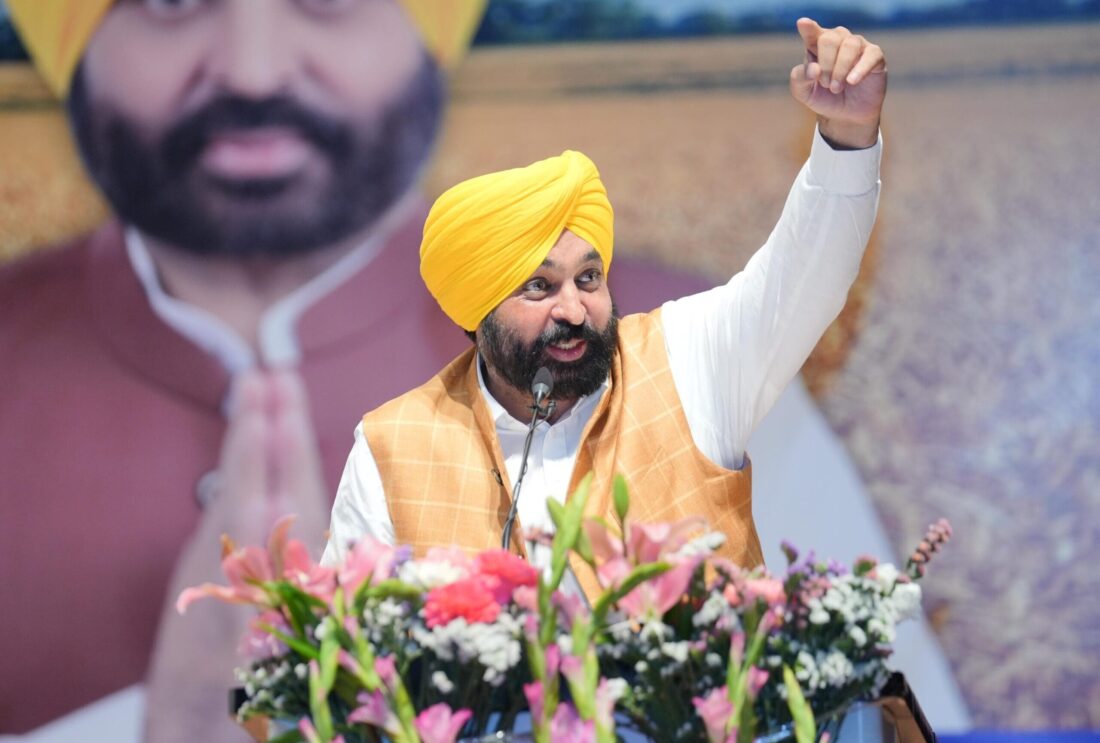The North News
Ludhiana, April 12
Punjab Chief Minister Bhagwant Mann has once again pledged to protect the state’s groundwater for the benefit of future generations. Speaking at the Sarkar Kisaan Milni event, CM Mann said that from June 1, the state will begin paddy sowing in a phased, zone-wise manner to help reduce the stress on underground water. He explained that Punjab has been divided into three zones, and paddy planting will start on June 1, June 5, and June 9 in different districts.
Mann expressed concern that during just 70 days of the paddy season, Punjab uses groundwater equal to nine Gobind Sagar lakes. He warned that if this continues, the future generations might face a severe water shortage. He pointed out that producing one kilo of paddy needs 4,000 litres of water. With the area under paddy cultivation growing from 20 lakh to 32 lakh hectares, the water demand has also gone up. However, he shared good news—Punjab’s groundwater levels have improved by one metre, according to a Central government report.
The CM also announced that the government may ban the water-guzzling Pusa-44 paddy variety, which takes 152 days to grow and uses huge amounts of water and electricity. He assured farmers of at least eight hours of uninterrupted electricity during the season and said that in areas with canal irrigation, the power supply will be given at night.
Mann said his government has revived over 15,900 water channels, allowing canal water to reach even remote villages. Canal water usage in Punjab has jumped from 21% to 75% since his government took office. He added that canal water improves soil quality and helps reduce pressure on groundwater and power supply. He also promoted maize and Basmati rice as better alternatives to regular paddy, promising better market access and minimum support prices (MSP).
The CM said there will be no shortage of fertilisers like DAP and urea and urged farmers to work with the government to make agriculture more profitable and sustainable.
















